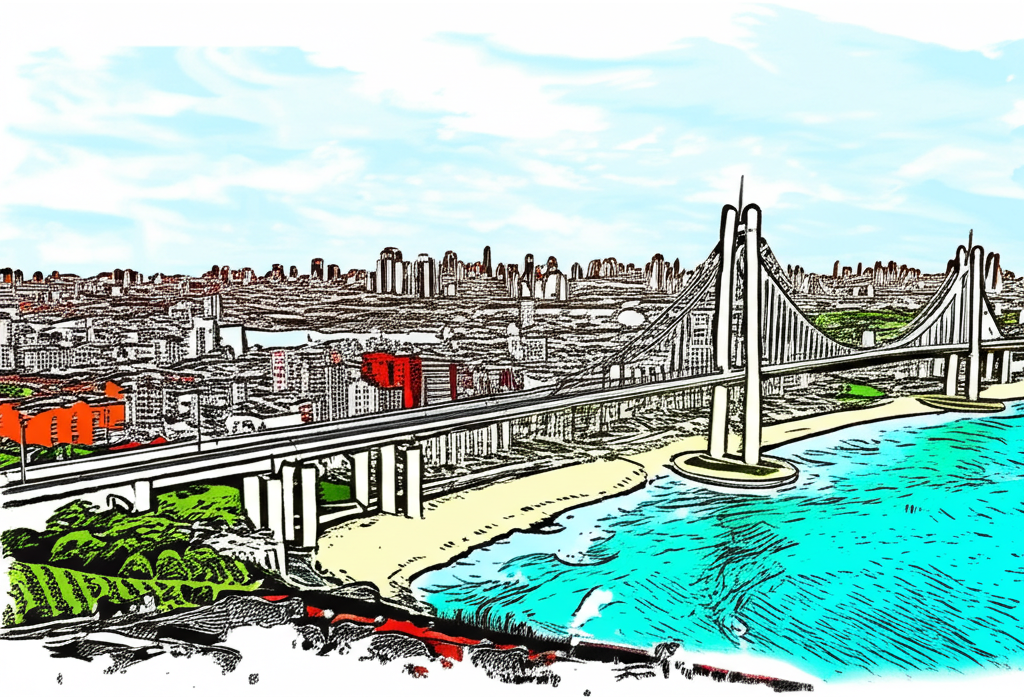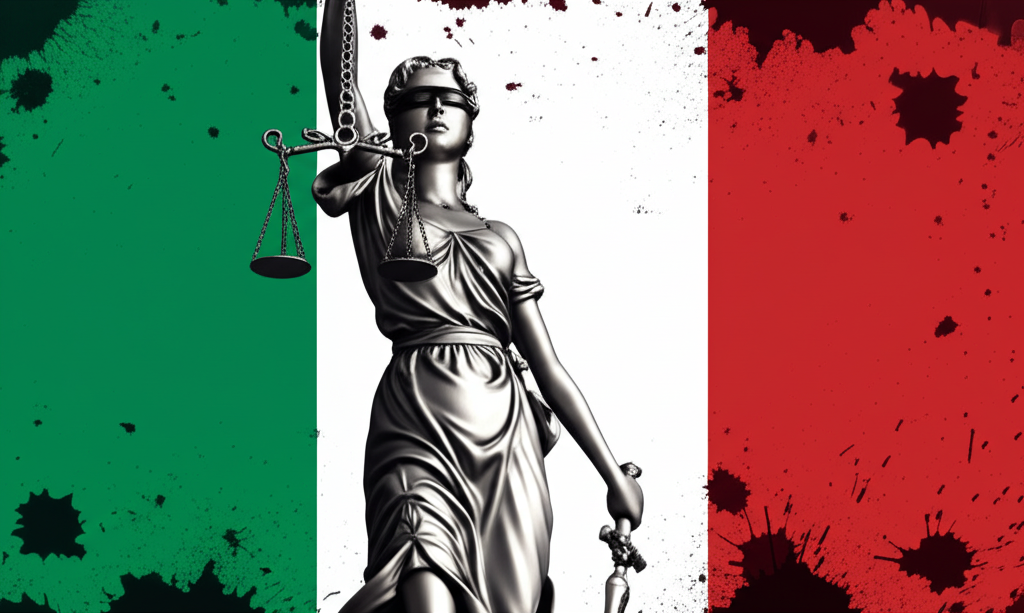In a dramatic turn of events, Peter Obi, the 2023 presidential candidate for the Labour Party, has fiercely criticized the Nigerian Inspector General of Police (IGP) for imposing restrictions on the distribution of palliatives. This comes after tragic stampedes during recent aid handouts, leading to loss of life. But is the police directive the right solution, or is it stifling the very compassion Nigerians need during these tough times?
Here’s a quick rundown of the key points in this developing story:
- The Police Directive: The IGP has ordered restrictions on palliative distribution following deadly stampedes.
- Peter Obi’s Response: Obi argues the directive could discourage generosity and hamper aid efforts.
- The Root Cause: Obi calls for the government to address the economic hardship driving the need for palliatives.
- Looking Forward: Obi urges the IGP to review the directive, emphasizing collaboration over control.
The Police Ban: A Necessary Evil or a Heartless Act?
The IGP’s directive came as a response to recent stampedes during palliative distributions in Oyo, Anambra, and the Federal Capital Territory (FCT), which resulted in the tragic deaths of several Nigerians. While the intention is to prevent further chaos and loss of life, it has sparked a serious debate. Is it right to restrict the very act of kindness and charity?
The directive, while intending to bring order, raises significant concerns about its potential consequences. Is it acceptable to limit the flow of aid during a time of widespread economic distress? There’s a fine line between ensuring safety and discouraging much-needed acts of compassion.
Obi’s Strong Stance: Is Kindness Being Criminalized?
Peter Obi did not mince words in his condemnation of the directive. He voiced his concerns on X, highlighting that the restrictions could ‘stifle acts of kindness.’ Obi argues that instead of imposing bureaucratic hurdles, the focus should be on better coordination and encouraging organized aid distribution. He also emphasized that the present economic hardship in the country should not be a reason to suppress acts of compassion. Obi stated, “This is not the time to suppress the compassion of the people, especially given the widespread hunger and hardship.”
What’s Next? The Call for a Compassionate Approach
Obi didn’t stop at criticism, he offered solutions. He called for the government to tackle the root causes of the economic hardship driving the need for palliatives. He urged the IGP to review the directive immediately to ensure that the police support rather than hinder efforts to ease suffering.
The Larger Picture: A Nation in Need
This directive and the subsequent backlash point to the broader socio-economic challenges facing Nigeria. With high inflation, job losses and food insecurity, many Nigerians are struggling to meet their basic needs. The reliance on palliatives underscores the urgency for sustainable economic solutions and a more compassionate approach to aid distribution. The stampedes, while tragic, highlight the desperate situation many Nigerians find themselves in and the urgent need for governmental support and sustainable solutions, as opposed to restricting individual kindness. The distribution of palliatives has been a hot topic, with many calling for more efficient and corruption-free systems. One needs to keep in mind, that Nigeria has been going through severe economic struggles, which led to an increase in poverty and hunger, putting a strain on its citizens.





